I have written many of my columns about the dichotomies I face at Boston College. Diametric opposition is fascinating to me because it compartmentalizes two sides of an argument in a way that strips the issue of its complexities.
Dichotomies are comfortable, familiar, and dangerous. There is a certain comfort associated with stark ideological contrasts because they simplify an issue and help us put information into boxes.
The first thing I do when I wake up is check my phone. I’d like to think that this is primarily because I need to know what time it is (I’m a millennial, so of course I don’t have a clock on my bedside table.)
But a lot of the time I think I check it quickly because of the anxiety that comes with being disconnected from the world for six or more hours.
I have a number of news apps on my phone, all set to give me notifications. Once I address any urgent text messages in the morning, I move to my deep dive of the previous night’s global events. I have vivid memories of every time I have woken up to bad news from my friends and family, and also every time I have checked my phone and seen a tragic current event. Before I get out of bed, I have a good handle on what is going on both personally and in the world, for better or for worse.
The Russian Times’ coverage of the Middle East is fundamentally different than that of the BBC, and both are from a completely different perspective than Al Jazeera. These are generally political in genre, but these discrepancies in coverage also apply to other categories of publications. The Wall Street Journal’s take on the economic externalities of an event often falls far from MSNBC’s, and both take a different angle than Bloomberg. This process can be repeated through all sorts of categories of media beyond the political and economic, and all of this in conjunction can be frustrating and exhausting.
I try to expose myself to as many voices as possible in order to fully inform my opinions on current events. My podcast app seats liberal commentators next to conservative ones because I believe that it is vital to understand the political climate as it is presented from as many different perspectives as possible. I pay attention to who owns different publications, and what their motivations may be for what is reported and where journalistic resources go.
Maybe I do this because I am so attracted to these stark contrasts. My phone is a stream of constant information six inches from my face, and I need some way to process what I am taking in so I do not get overwhelmed and step away. There are hundreds, maybe thousands of articles about how our phones make us more stressed, ruin our attention spans, and contribute negatively to the human experience overall. There is truth to this, but I have found that by paying attention to my phone, I become more ingrained into my global community.
The news used to stress me out. When I was younger, I would watch the news with my parents for an hour and walk away heavy-hearted and worried about the state of the world. As I have grown up, I have realized that constant sensationalizing of issues is a key tenant of the profit-driven structure of the media, and that often what is being reported is less important than what is not.
By trying to understand the issues at the extremes, I aim to triangulate something closer to objective truth. Synthesizing biased narratives feels and often is futile, as there can never be truth without a slant, but I feel that in order to be a global citizen I need to educate myself in the fullest capacity possible.
My cynicism has driven me to become a more pragmatic consumer of information, and by incorporating these contrasts into my media experience I am able to process it in such a way that does not become paralyzing.
But my reliance on diametric opposition is a heuristic that often feels like cheating. I desperately seek objectivity in the news, and I think this is the fastest way. This produces a cognitive dissonance in that I know that what I am reading is important for the way it recounts an event, but I cannot trust its narrative unequivocally.
And this is all assuming that there is some truth behind what is reported. When “fake news” comes into play, I just want to step back and ignore everything. If there is the possibility for a story to be completely unfounded, I sometimes want to just stop.
But I realize that my responsibility as a global citizen is to try my hardest to understand the world. If I need to resort to my comfortable contrasts in order to do so, I know I must approach them with a critical lens. Consuming the news is not a passive activity, but it is work that I feel is vital in understanding what surrounds me.
Featured Image by Meg Dolan / Heights Editor

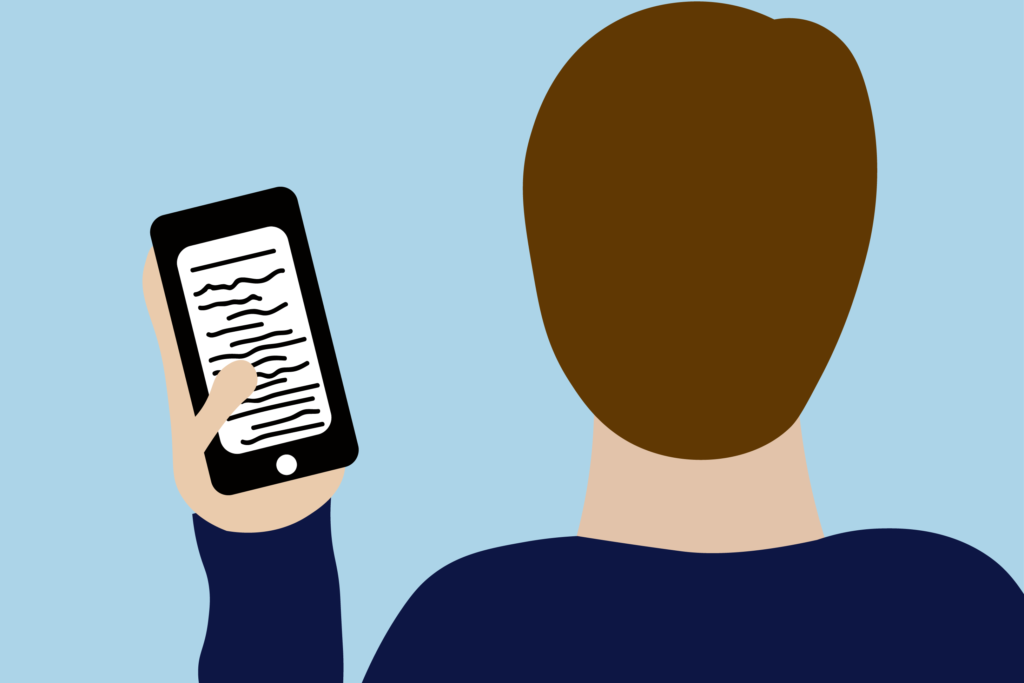


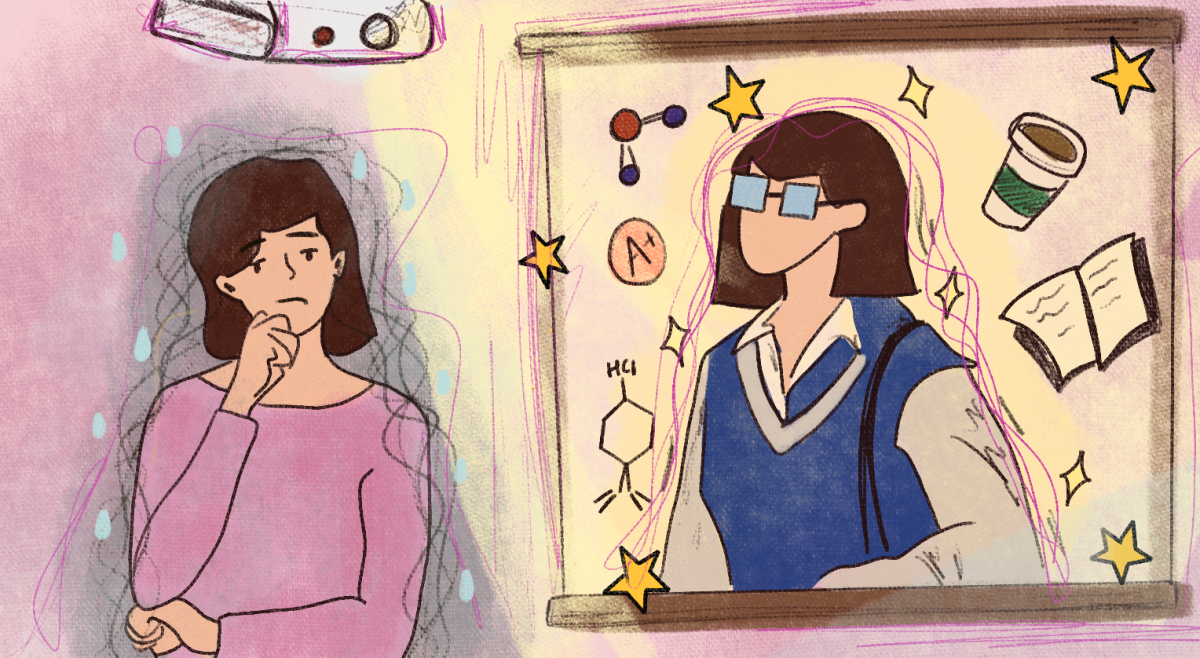


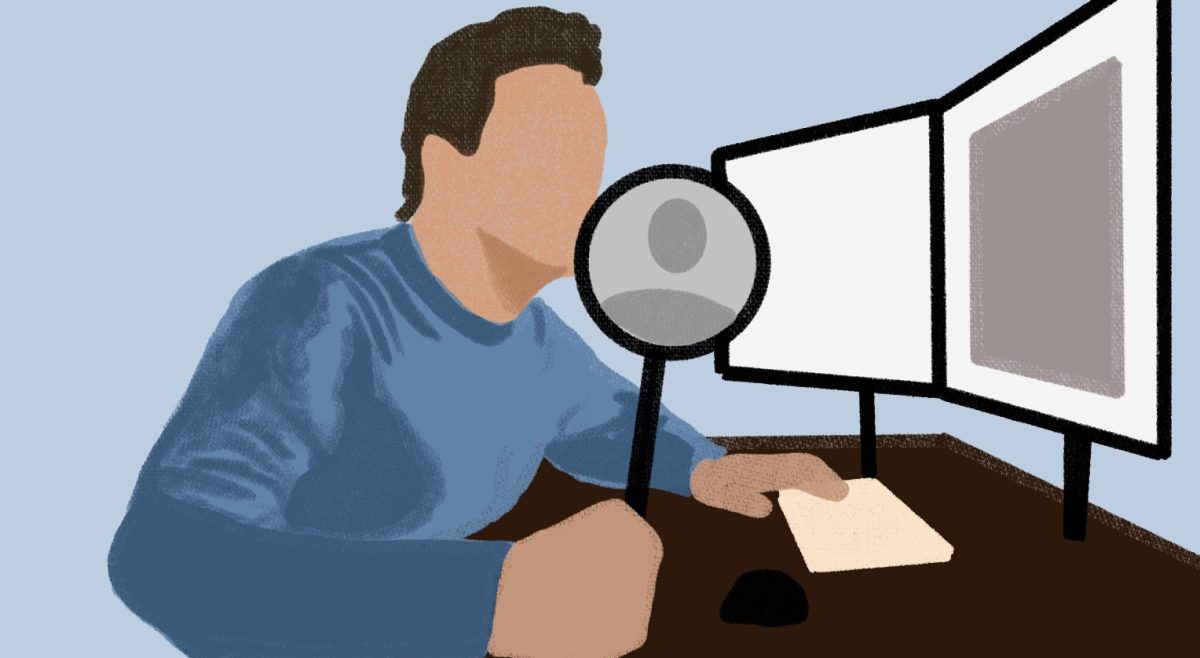

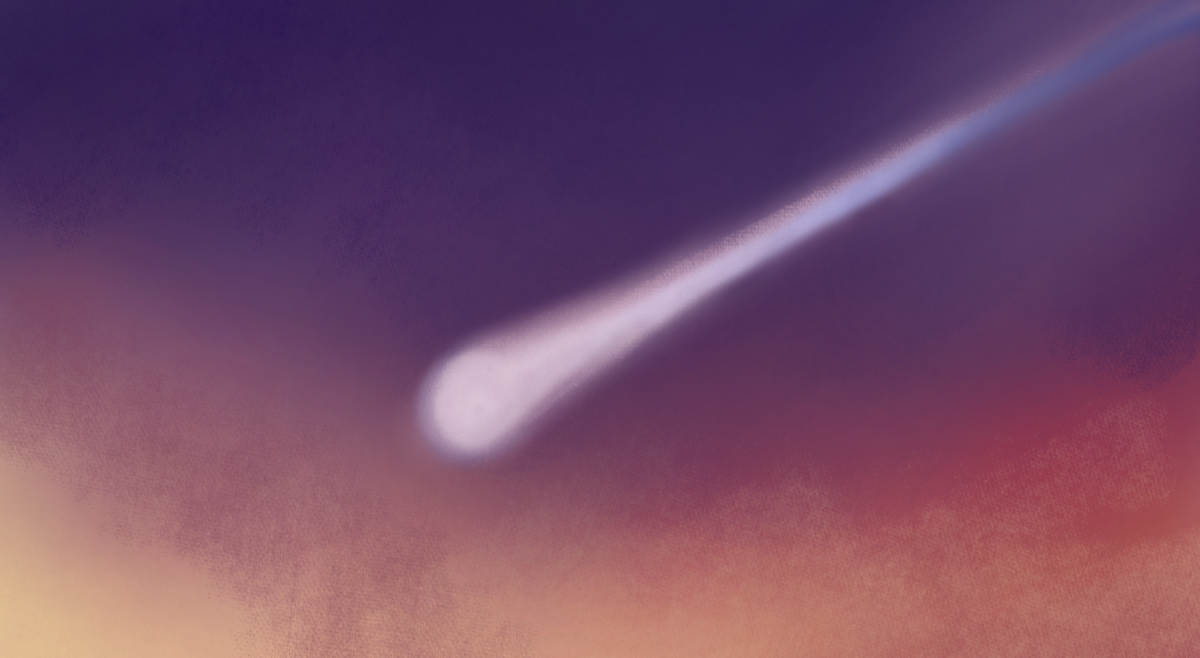


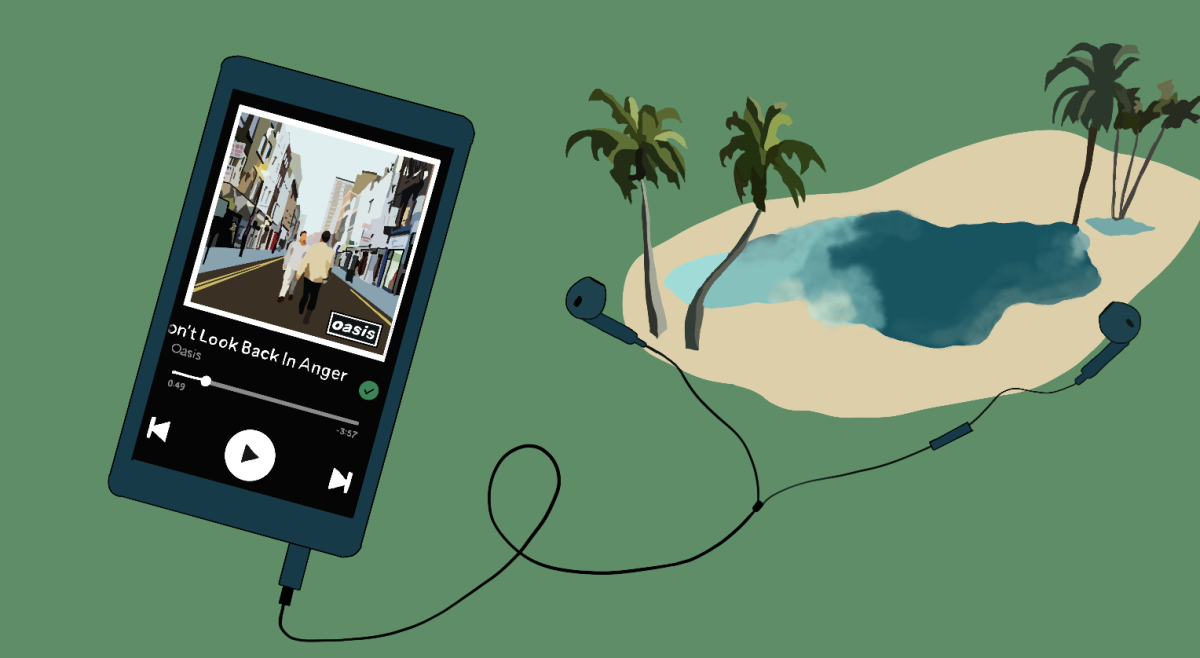

Anna Goodman • Dec 7, 2017 at 10:46 am
In the current, highly partisan, political climate, I agree that diversifying one’s news sources is vital. As the Internet expands, it becomes easier and easier to get only the information you want to hear. But in order to make real change and progress it is important to hear the argument from both sides and then independently come up with the viewpoint that works best for you. Listening to different viewpoints allows you to think critically about the problem rather than simply regurgitate the view proposed by your favorite news source.